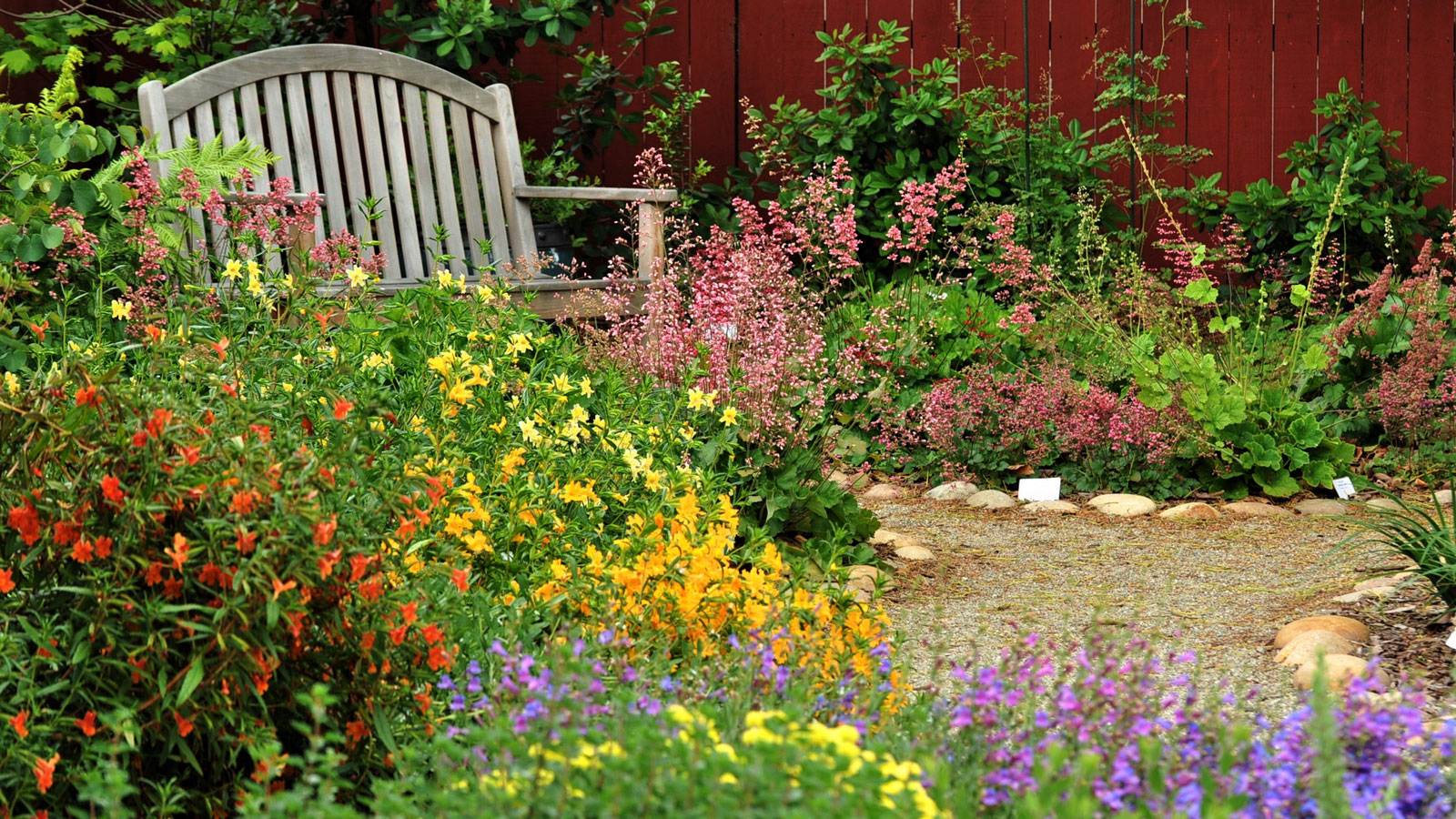1/1
gardening for beauty, not for love: a generational divide
When I was a child, my grandmother’s hands were always in the soil. She’d hum old tunes as she weeded, her face glowing with a peace I never quite understood. Now, decades later, I find myself in my own North American backyard, hands deep in dirt—not for joy, but out of necessity. Our property, lush and admired by neighbors, is the result of years of sweat, not passion. We tore out the thirsty front lawn for a pollinator garden, planted trees, and built raised beds. Strangers praise our efforts, but honestly, I’d rather be doing almost anything else. Sometimes I wonder if this is a generational thing. My parents and their friends saw gardening as a duty, a way to feed the family and keep up appearances. Today, I see younger folks on social media raving about “dirt therapy,” sharing photos of muddy hands and sun-kissed cheeks, calling it healing. My old colleague posts about the joy of composting, while I just see another chore on my list. Is it wrong to admit that I garden for frugality and beauty, not for love? There’s also the clash between tradition and new trends. Our community’s older residents frown at our wildflower beds, missing the tidy green lawns of their youth. Meanwhile, the city pushes for water-smart landscapes, urging us to adapt to drought and changing weather. Some neighbors grumble about aesthetics, others about the loss of old ways. I stand somewhere in the middle, caught between nostalgia and necessity. Gardening, for me, is a means to an end—a beautiful yard, a sense of accomplishment, and a connection to the land, even if the work itself feels more like obligation than therapy. Does anyone else feel this tug-of-war between expectation and enjoyment? Or am I alone in finding more satisfaction in the results than the process? #gardeningdebate #generationaldivide #northamericanlife #Gardening
2025-05-26
write a comment...
